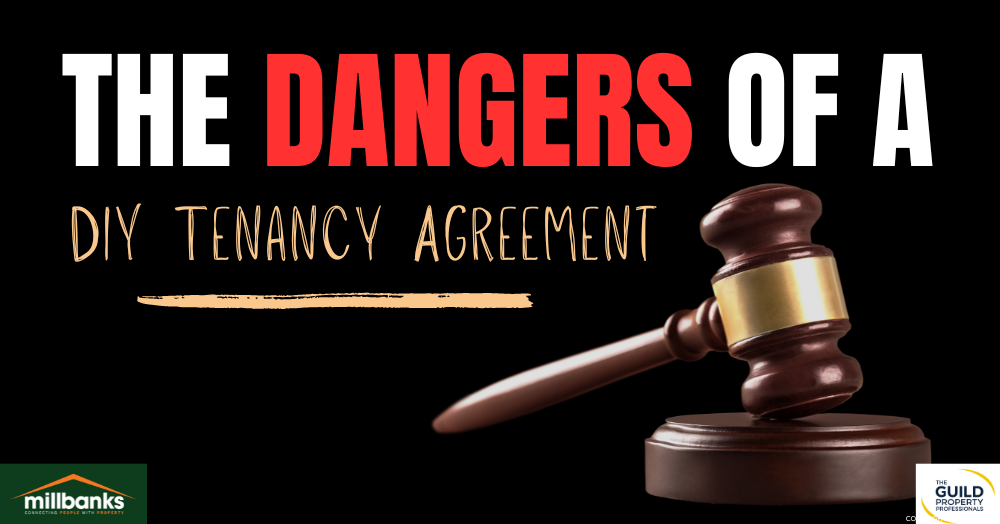

Get in touch with us
This map highlights parts of Attleborough where many homes have spare bedrooms sitting unused. Extra space brings comfort and flexibility, but it also carries costs and questions about whether a home still fits its owner’s stage of life. Understanding where space is underused helps spark thoughtful conversations about future housing choices.
January 2026 showed a market regaining momentum. Across much of the UK, sales agreed are running ahead of two years ago, led by the Midlands and East. Scotland and Wales are also strengthening. London remains mixed, and Northern Ireland softer. This is not a boom, but a steady, broad based rebuild driven by realistic pricing.
'Video Watch' - Individual 4-Bedroom Det House with Dbl Garage on Plot of Approx. Quarter of an Acre
An impressive individual 4-bedroom detached family home, situated in a non estate position on a plot of approx. a quarter of an acre plot and ideal for the centre of town, with a super south-facing rear garden, generous parking, a double garage and great potential to create the home of your dreams.
At first glance, Attleborough looks like any market town. Look closer and its housing tells a richer story. This map reveals where flats cluster near the centre and key routes, and where houses dominate the outskirts. From apartment pockets to house only estates, it shows that Attleborough is not one market, but several shaped by property type.